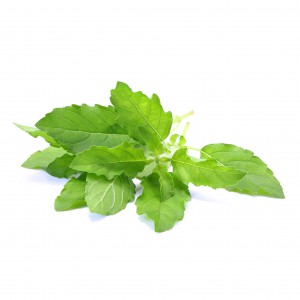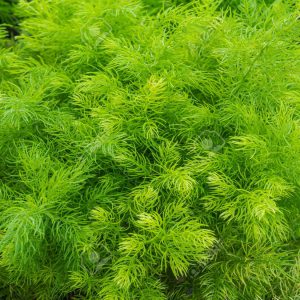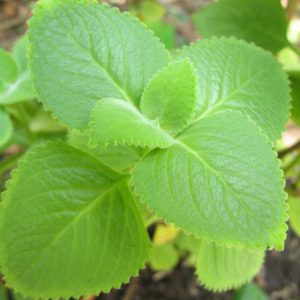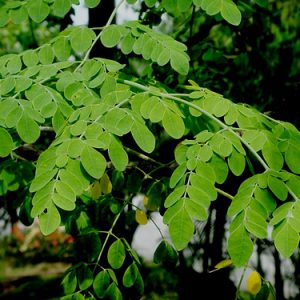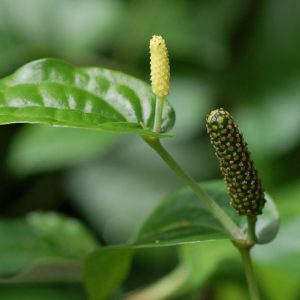Tulsi is an aromatic shrub in the basil family Lamiaceae (tribe ocimeae) that is thought to have originated in north central India and now grows native throughout the eastern world tropics. Tulsi is perhaps one of the best examples of Ayurveda’s holistic lifestyle approach to health. Tulsi tastes hot and bitter and is said to penetrate the deep tissues, dry tissue secretions and normalize kapha and vata. From the leaves to the seed, holy basil is considered a tonic for the body, mind, and spirit. Different parts of the plant are recommended for treating different conditions such as bronchitis, malaria, diarrhea, nausea, and vomiting; stomach ulcers and eye diseases. Its essential oil made from the leaves is useful in insect bites. In the case of physical stress, holy basil is known to increase endurance in animals. Animals who had holy basil leaf extracts and went through environment-induced stress scenarios showed: enhanced metabolism, improved swimming time, less tissue damage, lower stress levels in loud environments,
Human and animal studies showed reduced: stress, sexual problems, sleep problems, forgetfulness, and exhaustion. According to the Journal of Ayurveda and Integrative Medicine, holy basil has antidepressant and anti-anxiety properties comparable to diazepam and antidepressant drugs. Ayurvedic practitioners recommend drinking holy basil as tea using the leaves. And since it’s caffeine-free, it’s okay and even recommended to drink daily.�
Extracts made from its leaves are thought to boost wound healing speed and strength. Holy basil is: antibacterial, antiviral, antifungal, anti-inflammatory, analgesic (a painkiller).
Additional information
| Part used | Leaf |
|---|---|
| Benefit | Anti-microbial, Improves physical, mental and immune strength,, good for respiratory system |
| Botanical Name | Ocimum sanctum |


